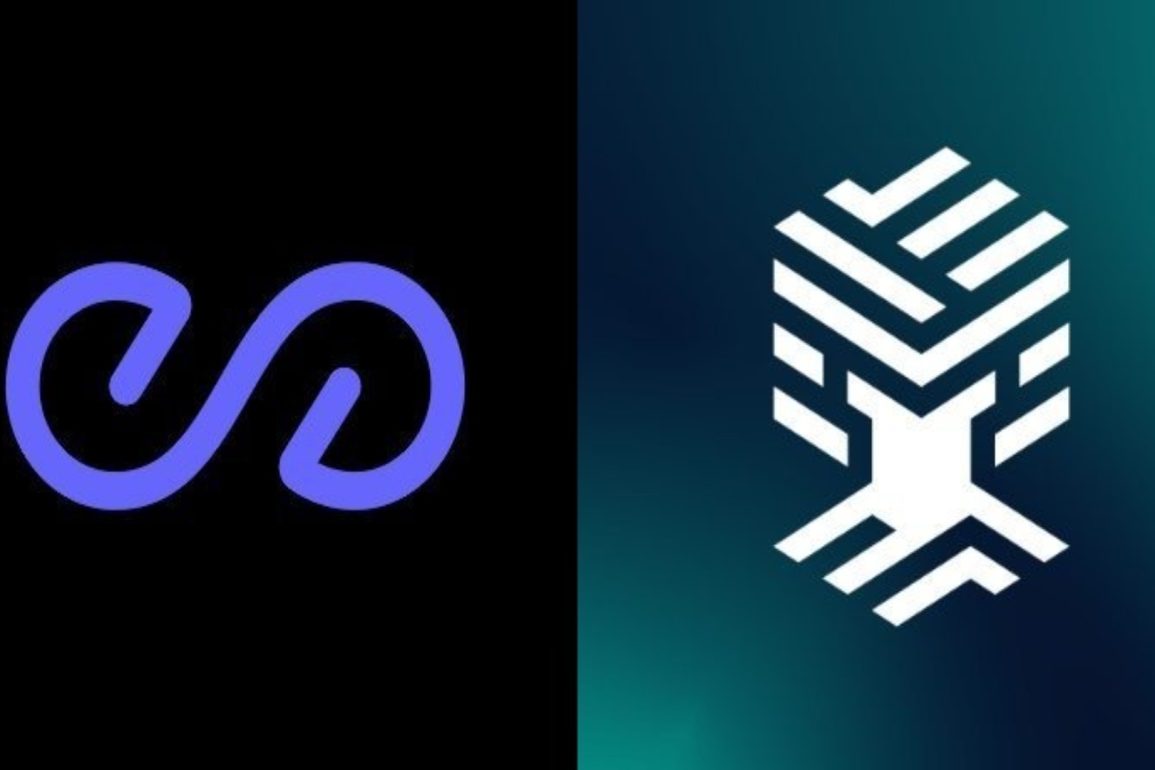- Summary:
- The integration between peaq and Menthol Protocol will enable Web3 projects to track of their carbon footprint for dApps and infrastructure.
Menthol Protocol is the first multi-chain decentralised sustainability protocol with automatic carbon offsetting, has integrated with peaq, the Web3 network that powers Polkadot’s Economy of Things. As a result of this integration, Menthol Protocol will create a mechanism for calculating and offseting the carbon footprint of dApps, Decentralised Physical Infrastructure Networks (DePINs), and devices operating on peaq (including peaq’s canary network, krest).
To create a greener Web3, Menthol Protocol provides dApp developers and decentralised communities with a flexible and easy-to-use tool for calculating their carbon footprint and compensating for it with on-chain credits. Using pools of verified on-chain sustainability and impact projects, the protocol takes care of the off-sets automatically based on the user’s requirements and preferences.
Carbon footprint tracking and the impact of the integration
This integration will increase the ecosystem’s liquidity, increase the transparency of peaq’s energy use, and enable automated on-chain carbon offsets for any projects built on peaq. It will make the network’s carbon impact more transparent than ever before and enable it to become even more sustainable through the use of automatic offsets.
By integrating Menthol, the peaq network can examine not only the total processing power of the network, but also the various energy sources that power it. The resultant metrics will be used to fuel the beta version of Menthol’s carbon calculator tailored to Peaq, providing the users with unprecedented access to information about the company’s environmental impact.
In addition to calculating the carbon footprint, the calculator will serve as the foundation for an offsetting system that will allow all dApps and DePINs on peaq to become carbon neutral. Using Menthol Protocol, the mechanism will facilitate automated transactions driven by a variety of on-chain sustainability and impact projects. The tool will be easy to integrate, which will enable a streamlined push toward improved ecological sustainability.
More machine-focused initiatives and makers of Internet of Things (IoT) devices will be incentivized to join the peaq ecosystem to take advantage of the automated offsets. In the long run, this will increase liquidity and foster development of the ecosystem.
The longer-term plan is to upgrade the calculator to include the carbon footprints of all network computers. These will include those operating as part of different peaq-powered DePINs. Ultimately, users and investors will be able to learn more about the environmental effects of their machines and prioritise those with lower carbon footprints.


